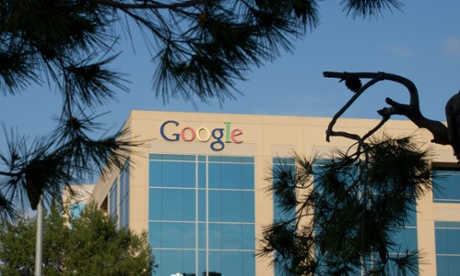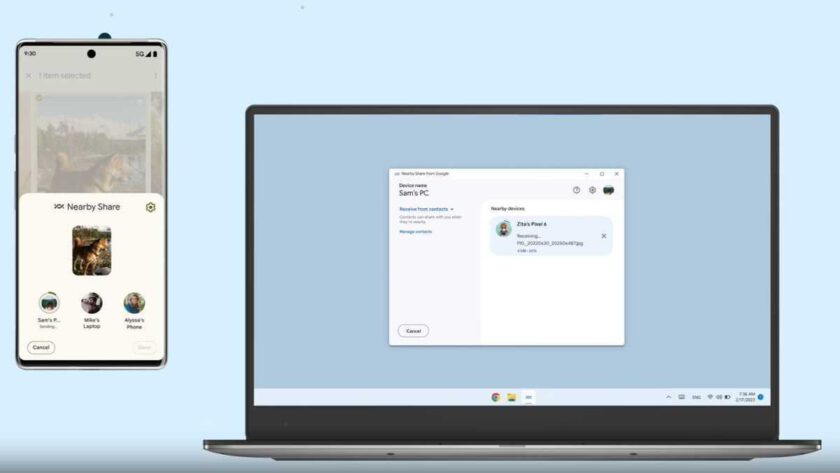Internet naming decisions are the sort of Internet plumbing inside baseball that only interests policy wonks and marketing mavens. That is until an 800 pound gorilla like Google GOOGL +0.54% decides to pay $25 million for a single generic top-level domain name (gTLD). Buying “.app” for almost four-times the previous record for a gTLD not only raised eyebrows, but questions about the strategy behind Google’s expansive and expensive domain name land grab. Although the most costly, .app is merely one of over 100 gTLDs, Google had already spent nearly $20 million applying for. Indeed, the company states that it has actually lost 29 out of 35 auctions in which it has participated. Early speculation of Google’s motives were quite benign: the company was just making a logical expansion into the domain registrar business, challenging the likes of GoDaddy and Network Solutions. Yet investing such tidy sums on generic name applications and auctions implies there may be more to the strategy. Also, some of Google’s registrations are closed, meaning they will be used only by Google sites. That makes sense for names like .google or .nexus, but things get intriguing when considering some of the generic names Google has locked up.

Google’s stated plans for gTLDs include monetization through registration fees and incremental ad revenue. For example, its application for the .lol domain reads:
The proposed gTLD, .lol will provide a new online structure for the aggregation of comedic content and provides an alternate distribution channel for Internet users posting such content. Charleston Road Registry [Google’s legal shell for domain registrations] also anticipates the .lol gTLD will help grow the volume of professional and user-generated comedic content on the Internet, thereby increasing competition among all registrants to create more relevant and unique content. Charleston Road Registry further anticipates the .lol gTLD may contribute to an increase in online advertising given the specific nature of the domain.
Several of Google’s generic domain applications appear to be designed as YouTube channels or product marketplaces. Indeed, a gTLD makes a convenient, universal portal for online video and shopping sites.
Yet there was plenty of backlash to companies like Google locking up generic terms long before the record-setting .app purchase. Over three years ago, (now former) Senator Jay Rockefeller alerted the Internet’s name and numbering coordinator, ICANN of the potential costs of cybersquatting by opening up so many generic names, asking them to reconsider their plans, while a consumer group warned of threats to the “free and open Internet that consumers rely upon.” These threats were recently articulated by one software developer outraged over Google’s sequestration of the .dev domain in which he labeled “Google, “Our Patron Saint of the Closed Web.”
Domains as filtering mechanisms
Google hasn’t detailed plans for the .app domain, however its ICANN application makes clear that the company will use domain registrations as a form of curation and ad revenue. For example, the .app application states [emphasis added]:
This specialized domain name space provides a mechanism by which application developers can easily link and manage their applications and related services. This specialization makes it clear to Internet users that this is the authoritative and designated space where they can find applications and information about developers accessible via differentiated and streamlined web addresses.
When Internet users visit a website in the proposed gTLD environment, they will be able to reliably expect content relevant to the proposed gTLD.
The proposed gTLD will provide a more trusted and user-friendly environment where domain names and content related to the .app gTLD can flourish. Read on….
Adapted from Forbes




